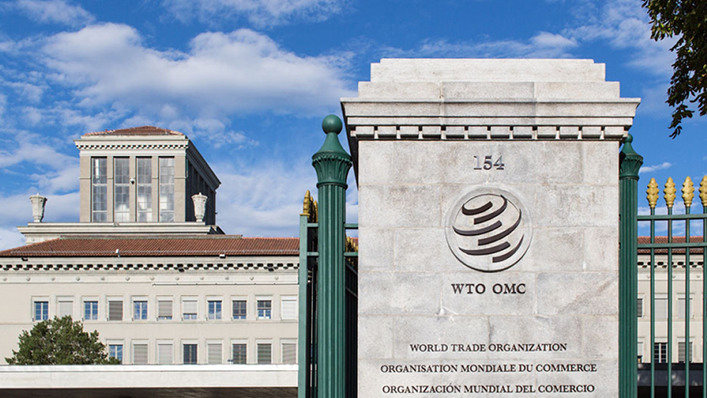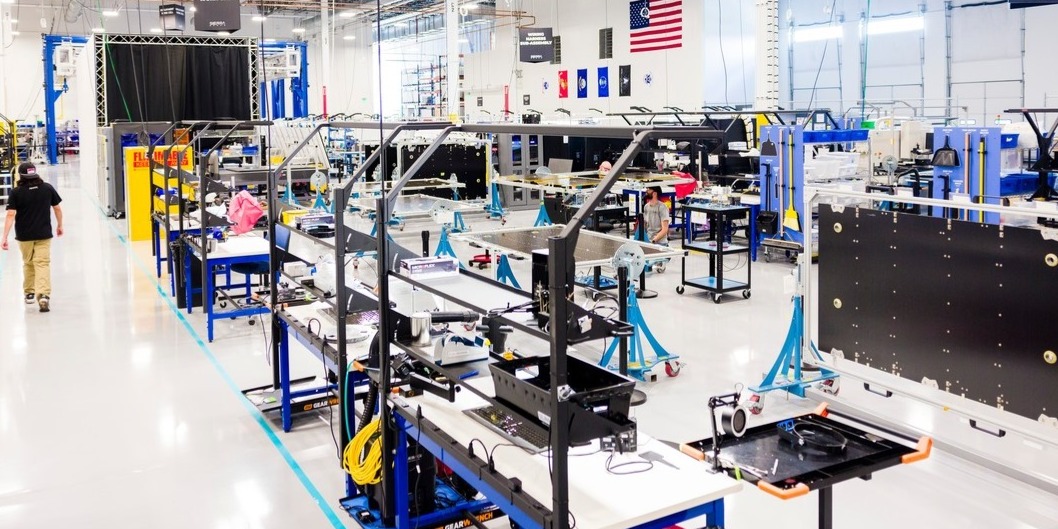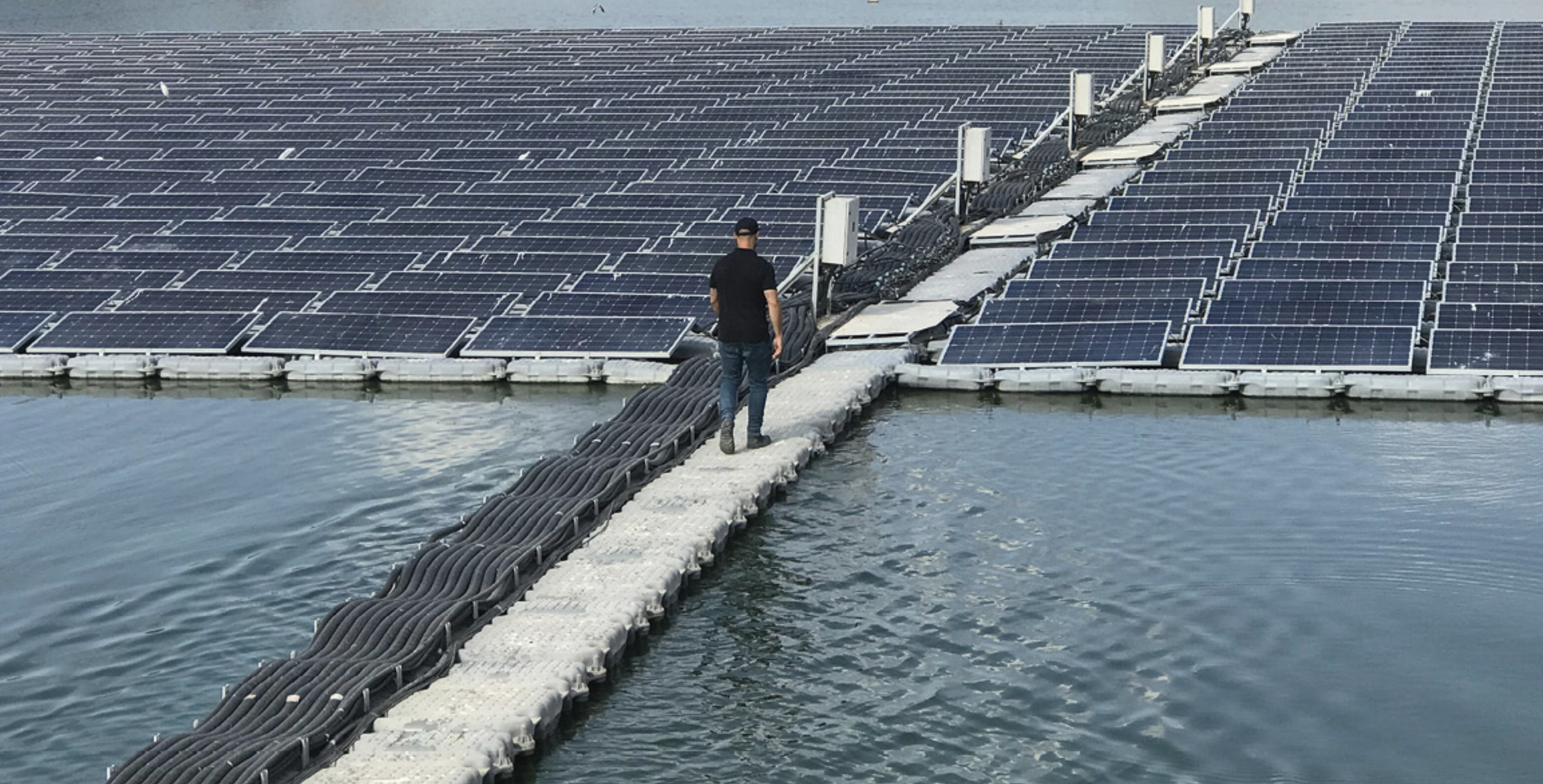Preem triples renewable production capacity with Synsat rebuild in Lysekil
In Sweden, oil refiner and renewable fuels major Preem has completed the company's largest investment in renewable production capacity ever. On June 16, 2025, the so-called Synsat facility was inaugurated at the refinery in Lysekil, a facility that expands Preem's renewable production capacity by approximately 900,000 cubic meters per annum.

The rebuilt Synsat facility is complete, enabling the large-scale production of diesel with renewable raw materials of up to 40 percent.
This means that Preem can replace up to one million cubic meters of fossil raw materials per annum, thereby contributing to reduced fossil carbon dioxide (CO2) emissions.
This investment is the largest and most important step in Preem’s transition journey to date.
I am proud that we at Preem are now tripling our production capacity of products with renewable content. A big day for the company and an important step on the path to Sweden’s climate transition. We are now one of Scandinavia’s largest producers of fuels with renewable content, and it feels fantastic that we can now start delivering more products with renewable content to Sweden and the international market, said Magnus Heimburg, CEO of Preem.
One of Sweden’s largest transformation projects
The project started with a feasibility study in 2019 and has had a total investment cost of approximately SEK 6 billion (≈ EUR 542.33 million).
By increasing the share of renewable raw materials, Preem can reduce the amount of fossil crude oil used in the refining process.
This translates into emission reductions at the user level of approximately 2 million tonnes of fossil carbon dioxide each year.
Domestic transport accounts for approximately one-third of Sweden’s total climate emissions, of which 90 percent of the emissions come from road traffic.
The climate impact of the transport sector must be reduced here and now. Electrification is an important component, but we also need to produce more liquid renewable fuels. Therefore, this conversion is not only an important milestone in Preem’s transformation journey, but also in continuing to reduce the transport sector’s climate impact, Magnus Heimburg said.
Growing international interest
Sweden has long been a leader in the production and use of renewable fuels. However, since the reduction obligation was significantly reduced in 2024, domestic demand has decreased.
This has led Preem to look internationally with growing interest in several international markets.
The investment has also had an impact on the local business community in Bohus County. Over 1,000 people have been involved during the construction period, and the investment strengthens the competitiveness of the refinery in Lysekil.
The investment in Lysekil is important for the development of the entire region. This year marks 50 years since the refinery was inaugurated. We are now investing billions in conversion to continue to be profitable and continue to supply Sweden with fuels in the future, concluded Aad van Bedaf, Refinery Manager at Preem.
What's Your Reaction?


























































